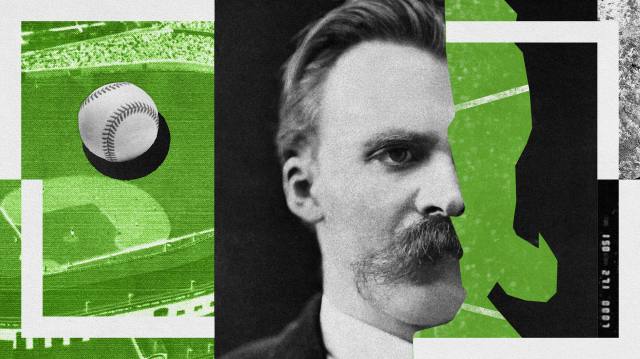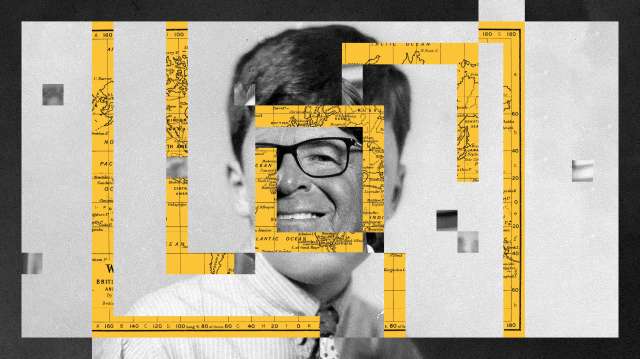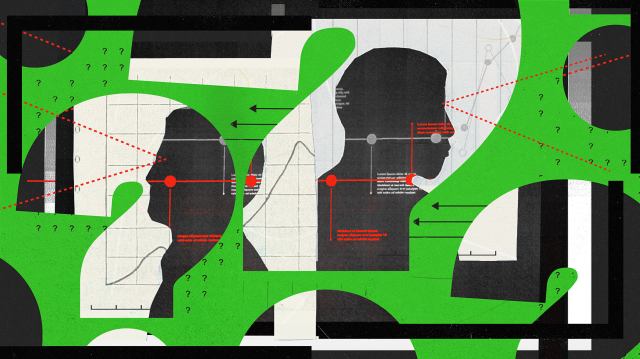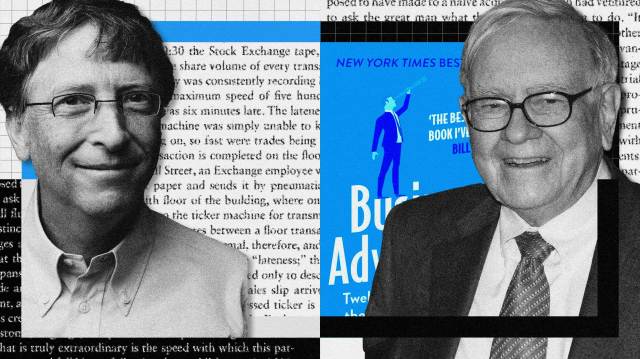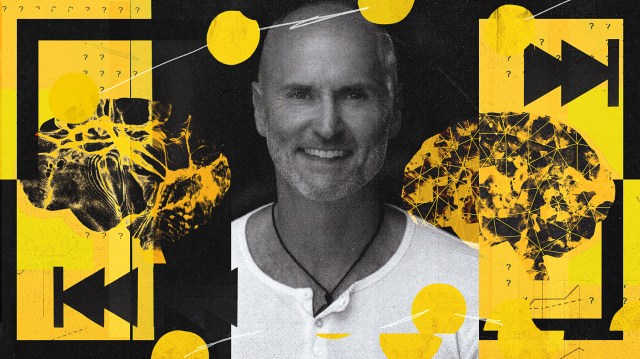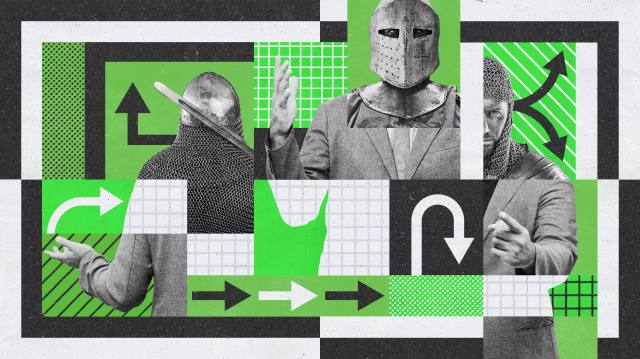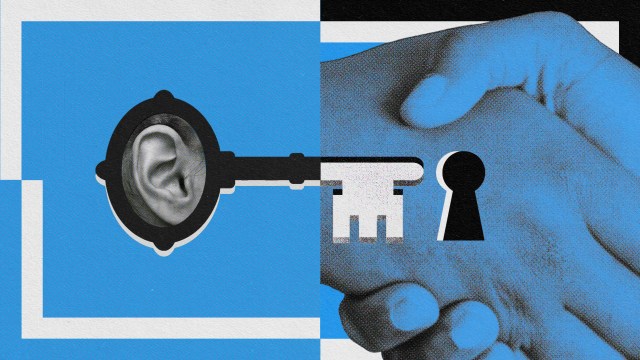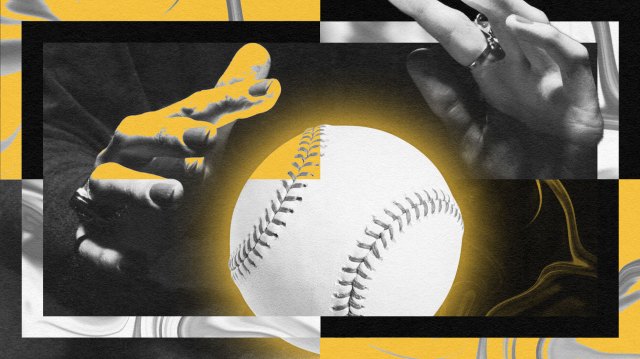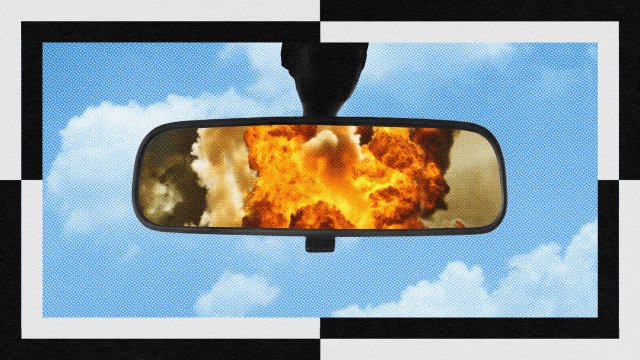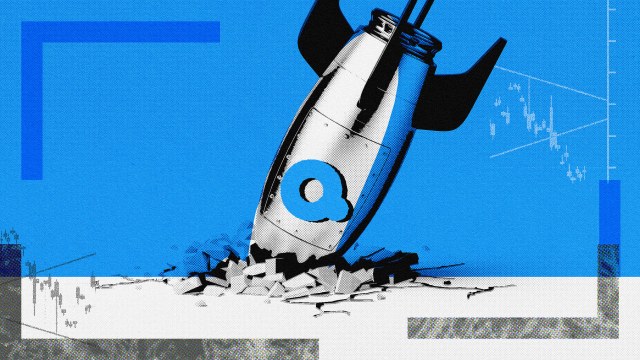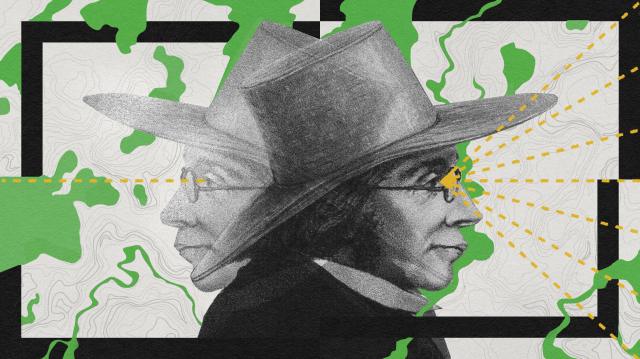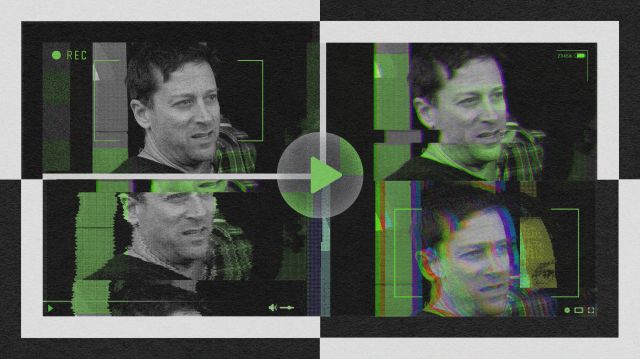The hard thing about hindsight: Why looking back has its limits

- In hindsight, you have perfect information — that’s not the case in the real world.
- The thing that makes business tricky is that almost every situation is novel in some way.
- Today’s world isn’t yesterday’s world — there’s no recipe for doing something that’s never been done before.
Ten years ago, Ben Horowitz — cofounder and general partner at venture capital firm Andreessen Horowitz (aka a16z) — redefined the classic business book with The Hard Thing About Hard Things. Peppered with the wisdom of his favorite rap lyrics (Horowitz was once an aspiring hip-hop impresario), the blog-based bestseller told the story of his ascent to the tech business pantheon with a winning, honest realism: no cold panic or startup terror is omitted, and we’re all left wiser and more inspired for the often knee-buckling journey.
It’s one thing to note that Horowitz was cofounder and CEO of Opsware (formerly Loudcloud), acquired by Hewlett-Packard for $1.6 billion in 2007; but it’s quite another to have experienced the nosebleed series of gut-punch devastations and crushing set-backs on which that towering success was built. Business, Horowitz tells us, is struggle — “The Struggle,” no less; the only path to greatness. So we were curious to ask him: Can years of accumulated wisdom, filtered through the 20/20 lens of hindsight, in any way ease the pain? Read on to find out.
Big Think: Looking back on The Hard Thing About Hard Things a decade down the line, is there anything you would do differently?
Ben Horowitz: I don’t think that I’d change anything, but there are a few things that I might add. One would be remote work and its impact on culture and the work environment in general. The second is re-organizing. I gave that very short treatment in the book and it turns out to be a very deep topic. A proper handling would get into the power struggles that result when you redistribute power and how to handle that.
Hindsight in VC can be dangerous, because generally, things don’t work due to timing. In hindsight, Friendster was a stupid idea, but in time it became a great idea called Facebook.
Big Think: To quote Eminem: “I’m the hindsight to say, ‘I told you so!’ / Foreshadows of all the things that are to follow / I’m the future that’s here to show you what happens tomorrow.” (Bad Guy) This suggests that hindsight, if used well, can be useful in the business of prediction — is hindsight a helpful tool in the VC universe?
Ben Horowitz: Nice Eminem quote. Hindsight in VC can be dangerous, because generally, things don’t work due to timing. In hindsight, Friendster was a stupid idea, but in time it became a great idea called Facebook. In hindsight, Webvan was the dumbest thing ever, but in time Instacart is a huge success. As a result, we try to keep a very open mind even if we’ve seen the idea fail in the past.
Big Think: Is hindsight only possible outside of the pressurized arena of everyday business?
Ben Horowitz: It’s very easy to read a business case study to figure out how a decision should have been made. Unfortunately, it’s a somewhat useless exercise in the real world when you have to make business decisions with maybe 5% of the total information that you’d like to have, and you rarely have time to get more information before the decision comes due. In hindsight, you have perfect information, so that doesn’t really inform the process.
Even in my own personal case, it’s not possible to run the counterfactual. For example, probably the worst decision that I made as CEO of Loudcloud was to take on a 10-year building lease with a $30M letter of credit. We leased the space right before the dot-com crash. Rents dropped 10-fold in Menlo Park from $10/square foot to $1/square foot. Worse yet, due to the recession, we couldn’t hire so the space we already had was sufficient and we never ended up moving into the new building. So I basically lost $30M for nothing. What could be worse than that?
Well, if I hadn’t have lost that $30M then our balance sheet would have been stronger in 2002 by $30M and I probably would not have been so desperate and, therefore, would not have pivoted the company by selling the services component to [IT company] EDS (Electronic Data Systems). Had I not done that, we almost certainly would have gone bankrupt. So maybe, as stupid as it was, me blowing $30M on an empty building helped us.

Big Think: Is it the function of the wise old dogs in the room to deal out useful hindsight to the young guns who are preoccupied with barreling forward?
Ben Horowitz: I think that’s a lot of what wisdom is. There’s a famous story where a guy goes to see a guru. He asks: “What is the secret of a meaningful life?” The guru says: “Wisdom my son.” So the guy says: “What’s the secret to wisdom?” And the guru responds: “Good judgment.” Then the guy asks: “What’s the secret to good judgment?” And the guru responds: “Experience.” Finally, the guy asks: “What’s the secret to experience?” And the guru responds: “Bad judgment.”
Big Think: In High Output Management, the late Andy Grove [co-founder, CEO, and chairman of Intel, and a mentor to Horowitz] applies hindsight in a very practical way, as part of the employee review process. “Don’t hesitate to use the 20/20 hindsight provided by the review to show anyone, even an ace, how he might have done better.” Is this an approach you have taken, and if so, how useful was it?
Ben Horowitz: That kind of feedback is critically important to having a well-functioning organization. I think the part that Andy left out in that passage is that you have to desensitize people to that kind of feedback before it shows up in their review. As a leader, it’s really important to point out the little things that are wrong in someone’s thinking, or presentation of the facts, or effort — or whatever — all the time. This gets everybody used to receiving feedback in the way that it’s intended. If you shock a perfectionist with something harsh in their review and it’s the first or second time they’ve been criticized, that will cause an issue. By the way, Andy was the master of questioning everything that anybody did. It’s a big reason why Intel executed so flawlessly under his command.
When you study the past, you need to take into account how it’s different from what you are dealing with.
Big Think: Would you encourage leaders to study past failures to ease the path towards future successes?
Ben Horowitz: The thing that makes business tricky is that almost every situation is novel in some way. A different product, a different type of employee, a different market, etc., so it’s situational in nature. That’s why [in The Hard Thing About Hard Things] I avoided saying: “Here are the 5 steps to creating an international strategy,” or silly things like that. A strategy for which company, in which era, with what kind of product, and what type of people, etc. is the right question.
Instead, I tried to describe the situations that I faced and give people the right context to map it into their own current issue. When you study the past, you need to take into account how it’s different from what you are dealing with. A great example of this is the contrasting advice between High Output Management and Reed Hastings’ No Rules Rules. A manufacturing company needs to be culturally different from a creative company.
Big Think: “I move onward, the only direction / Can’t be scared to fail in search of perfection.” (Lyric: On to the Next One) Does this Jay-Z couplet chime with your view?
Ben Horowitz: That’s definitely one of my favorite Jay-Z quotes. In business, you have to get to the next move. You can’t worry about what you just f*cked up. That’s over, move on. Beyond that, you can’t let the company dwell on mistakes of the past. If you have people who are running around your organization doing that, they probably need to be fired because at that point they are sabotaging the future.
There is no safety net for a startup founder. Pretending that you can create one is a mistake.
Big Think: You have memorably said: “The Struggle is where greatness comes from.” Should great leaders abandon the sureties of hindsight and suffer?
Ben Horowitz: There is no safety net for a startup founder. Pretending that you can create one is a mistake. I remember when one of the young people in our company asked me what the contingency plan was, I said: “There is no plan B. Only plan A. If plan A doesn’t work and we’re not bankrupt, we’ll come up with another plan A.” That’s just how it is.
Big Think: You end The Hard Thing About Hard Things with this: “Of course, even with all the advice and hindsight in the world, hard things will continue to be hard things.” At the end of the day, does hindsight have its limits because “some things are just plain hard”?
Ben Horowitz: Hindsight has its limits because today’s world isn’t yesterday’s world. Furthermore, there’s no recipe for doing something that’s never been done before. The most valuable contribution of The Hard Thing About Hard Things based on ten years of feedback was that it clearly conveyed what it felt like to be in The Struggle — and how to deal with that.

